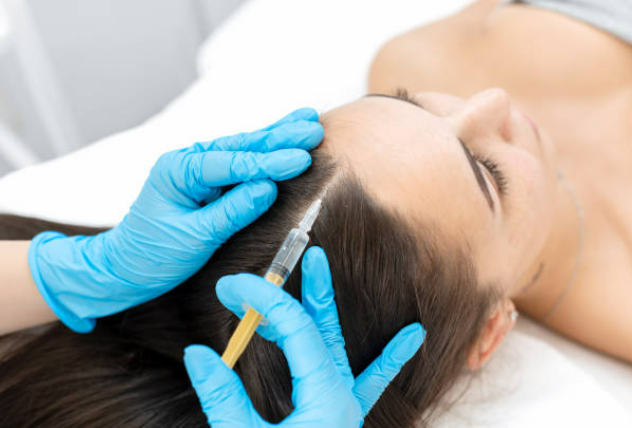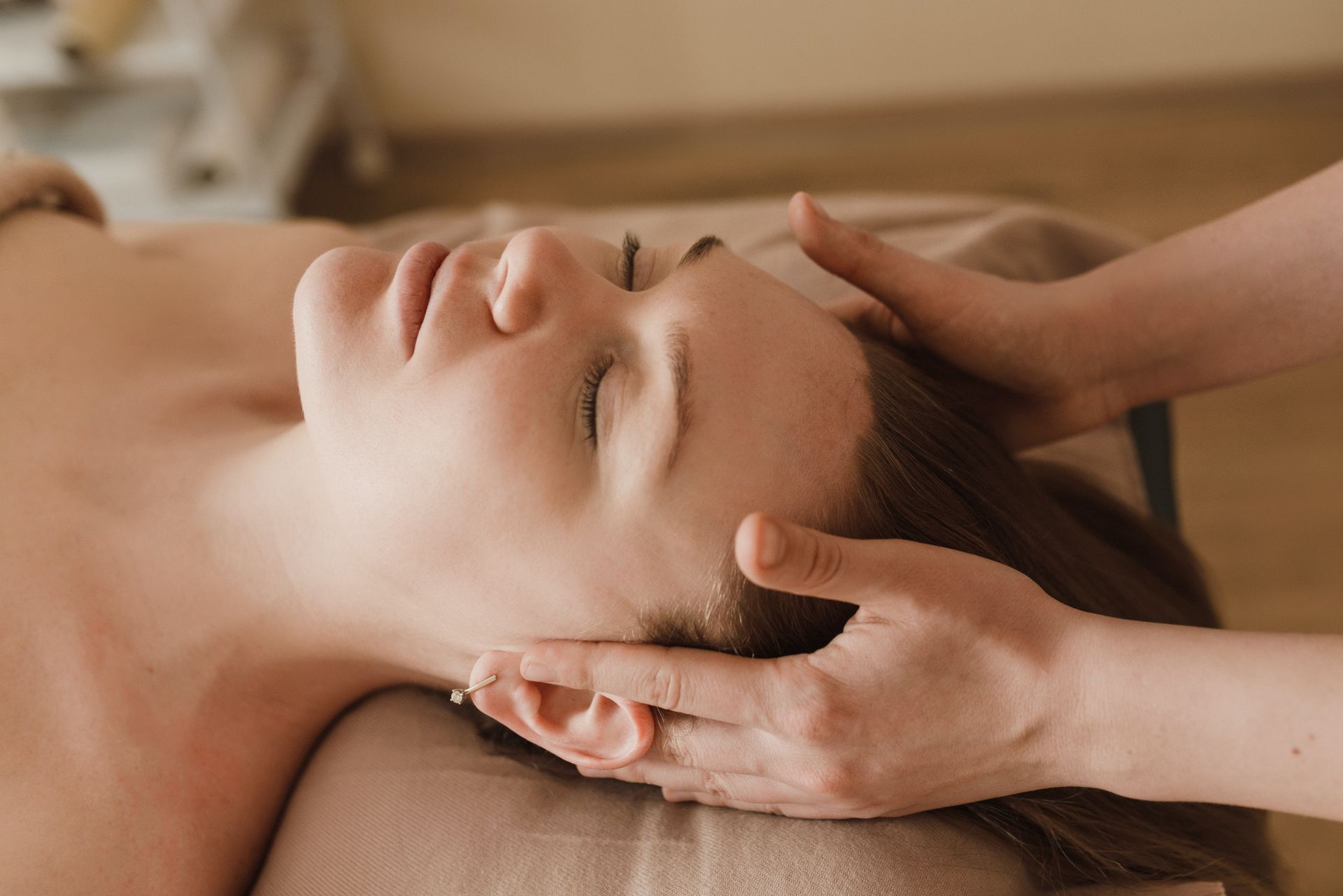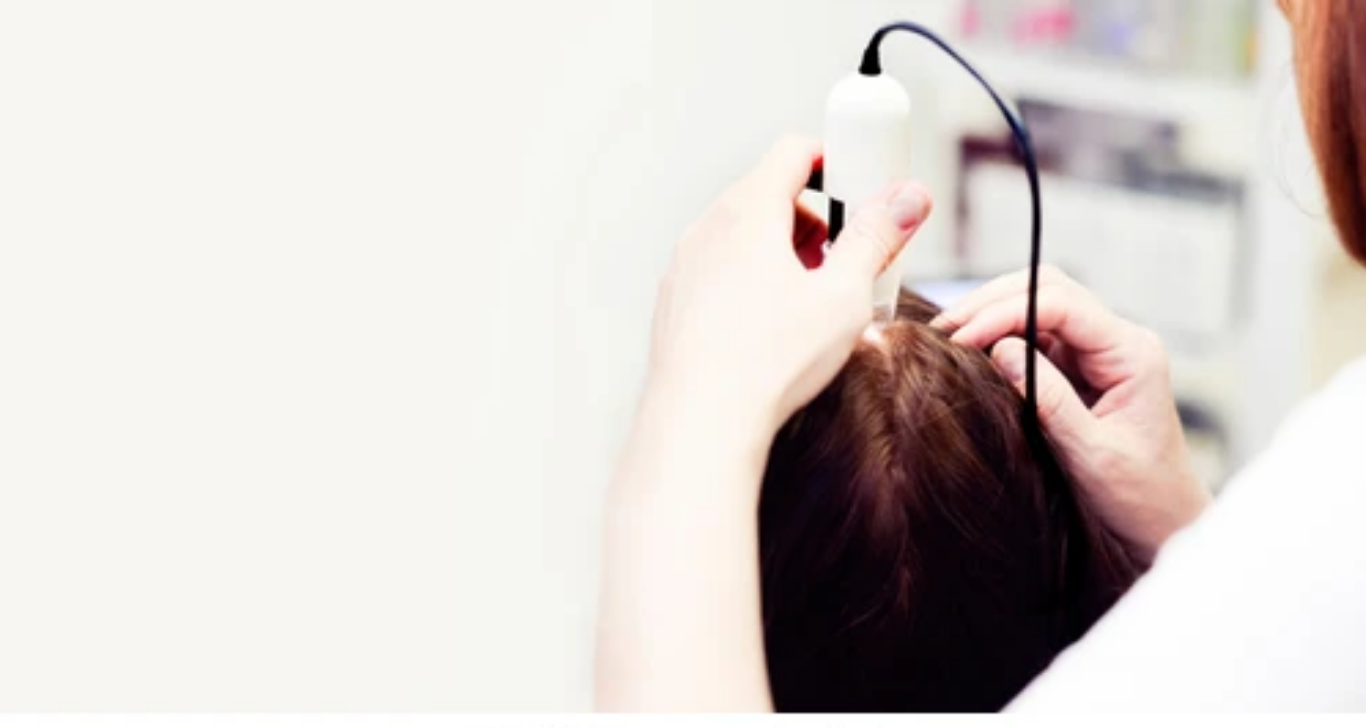Trichologist Birmingham Blog
Hair Loss in Men: Causes, Treatment Options, and Insights from Trichologists in Birmingham
Understanding the Causes and Treatment Options for Hair Loss in Men, According to Trichologists in Birmingham
Hair loss is a common concern for men, affecting their appearance and self-confidence. To address this issue, trichologists in Birmingham specialize in understanding the causes of hair loss and providing effective treatment options. In this article, we will explore the various causes of hair loss in men and the solutions recommended by trichologists.
Understanding Hair Loss in Men
A. Statistics and prevalence of hair loss in men:
- Hair loss in men is more common than you might think. Approximately 50 million men in the United States alone experience some degree of hair loss. By the age of 50, around 85% of men will have significant thinning hair. These statistics highlight the importance of understanding the causes and treatment options available.
B. Types of hair loss in men:
- Male pattern baldness (Androgenetic Alopecia): Male pattern baldness, also known as androgenetic alopecia, is the most common type of hair loss in men. It is characterized by a gradual thinning of the hair, often starting at the temples and crown and progressing to a horseshoe pattern. This type of hair loss is influenced by genetics, hormones, and the hormone dihydrotestosterone (DHT). Male pattern baldness is hereditary and can be passed down through generations. If your father or grandfather experienced hair loss, you are more likely to be susceptible to it as well. DHT, a byproduct of testosterone, binds to hair follicles, causing them to shrink and eventually stop producing hair.
C. Other types of hair loss:
- Apart from male pattern baldness, men can also experience other types of hair loss. These include alopecia areata, which causes patchy hair loss; telogen effluvium, a condition triggered by stress or hormonal changes; and traction alopecia, resulting from constant tension on the hair follicles due to hairstyles like tight ponytails or braids. Each type of hair loss has its own underlying causes and treatment approaches.
Causes of Hair Loss in Men
A. Genetic factors:
Genetics play a significant role in male pattern baldness. Certain genes inherited from your parents can make you more susceptible to hair loss. The presence of specific genes can lead to increased sensitivity to DHT, which accelerates the hair loss process. Understanding your family history of hair loss can provide valuable insights into your own risk factors.
B. Hormonal imbalances:
Hormonal imbalances, particularly the presence of DHT, contribute to hair loss in men. DHT binds to hair follicles, causing them to miniaturize and produce finer and shorter hair strands. Hormonal imbalances can be influenced by factors such as age, stress, and underlying medical conditions.
C. Lifestyle factors:
- Poor nutrition: A balanced diet is essential for maintaining healthy hair. A lack of essential nutrients, such as vitamins, minerals, and proteins, can contribute to hair loss. Incorporating foods rich in iron, zinc, vitamin D, and omega-3 fatty acids can promote hair growth and strengthen follicles.
- Stress and anxiety: Chronic stress and anxiety can disrupt the normal hair growth cycle, leading to increased shedding and hair loss. Stress triggers the release of stress hormones, which can negatively impact the hair follicles. Implementing stress management techniques, such as regular exercise, meditation, and adequate rest, can help mitigate the effects of stress on hair loss.
Treatment Options for Hair Loss in Men
A. Medications:
- Minoxidil (Rogaine): Minoxidil is a topical medication available over-the-counter that has been approved by the FDA for treating hair loss. It works by stimulating hair follicles and promoting blood circulation to the scalp. Regular application of minoxidil can slow down hair loss, promote hair regrowth, and increase hair thickness. It is important to note that results may vary, and continued use is necessary to maintain the benefits.
- Finasteride (Propecia): Finasteride is an oral medication that is available by prescription. It works by inhibiting the conversion of testosterone into DHT, thereby reducing its negative effects on the hair follicles. Finasteride has shown promising results in slowing down hair loss and promoting hair regrowth in men. However, it is important to consult with a healthcare professional before starting this medication, as it may have potential side effects.
B. Hair transplant surgery:
- Hair transplant surgery is a surgical procedure that involves transferring hair follicles from a donor site to areas of hair loss. The two primary techniques used in hair transplant surgery are Follicular Unit Extraction (FUE) and Follicular Unit Transplantation (FUT). FUE involves extracting individual hair follicles, while FUT involves removing a strip of scalp containing hair follicles. Both techniques have shown excellent results in restoring hair density and natural-looking hairlines. Hair transplant surgery is a long-term solution, and the results are permanent.
C. Platelet-Rich Plasma (PRP) therapy:
- PRP therapy is a non-surgical treatment option that utilizes the patient's blood to stimulate hair growth. A small amount of blood is drawn and processed to separate the platelet-rich plasma, which contains growth factors. This concentrated plasma is then injected into the scalp, promoting the regeneration of hair follicles. PRP therapy is known to improve hair thickness, reduce shedding, and stimulate dormant follicles.
D. Laser therapy:
- Low-level laser therapy (LLLT) has gained popularity as a non-invasive treatment for hair loss. LLLT devices emit red light that stimulates blood flow to the scalp and enhances cellular metabolism in the hair follicles. This stimulation promotes hair growth and can improve hair thickness and density. LLLT devices are available for home use or can be administered in clinics.
E. Lifestyle changes and home remedies:
- In addition to medical treatments, certain lifestyle changes and home remedies can help improve hair health. This includes maintaining a well-balanced diet rich in nutrients, avoiding harsh hair treatments and styling products, practicing regular scalp massages to stimulate blood flow, and using essential oils like lavender or rosemary to nourish the scalp.
Seeking Professional Help from Trichologists in Birmingham
A. Introduction to trichology:
- Trichology is the specialized field of dermatology that focuses on the study of hair and scalp disorders. Trichologists are experts in diagnosing and treating hair loss conditions and can provide personalized guidance and treatment options.
B. Consultation and diagnosis:
- When seeking help from a trichologist, a thorough consultation and examination are conducted. The trichologist will evaluate your medical history, family history of hair loss, scalp condition, and the pattern and severity of hair loss. This comprehensive evaluation helps in determining the underlying causes and formulating a suitable treatment plan.
C. Personalized treatment plans:
- Trichologists in Birmingham understand that each individual's hair loss situation is unique. They develop personalized treatment plans based on the specific needs of their patients. These plans may include a combination of medical treatments, lifestyle modifications, and therapies tailored to address the underlying causes of hair loss.
D. Ongoing support and monitoring:
- Trichologists provide ongoing support and monitoring throughout the treatment process. Regular follow-up appointments allow them to track the progress of the treatment and make necessary adjustments. They can provide additional treatments or modify the existing plan based on individual responses and changing needs.
Hair loss in men can be a distressing experience, but with the expertise of trichologists in Birmingham, there are effective treatment options available. Understanding the causes of hair loss, such as genetic factors, hormonal imbalances, and lifestyle influences, can help in addressing the issue. From medications like minoxidil and finasteride to surgical procedures like hair transplant surgery, trichologists offer a range of treatment options tailored to individual needs. Additionally, PRP therapy, laser therapy, and lifestyle modifications can also contribute to hair regrowth and overall hair health.
If you are experiencing hair loss, seeking professional help from trichologists in Birmingham is recommended. They can provide accurate diagnosis, personalized treatment plans, and ongoing support to help you regain your confidence and achieve healthier, fuller hair. Remember, early intervention and consistency in following the recommended treatments can yield the best results. Take the first step towards addressing hair loss by consulting with a trichologist and exploring the available treatment options.
By partnering with trichologists in Birmingham, you can embark on a journey to tackle hair loss head-on and restore your hair's natural vitality and thickness. Don't let hair loss hold you back. Take control of your hair health and embrace the solutions that trichologists offer. Remember, healthy and confident hair is within reach with the right expertise and treatment approach.



